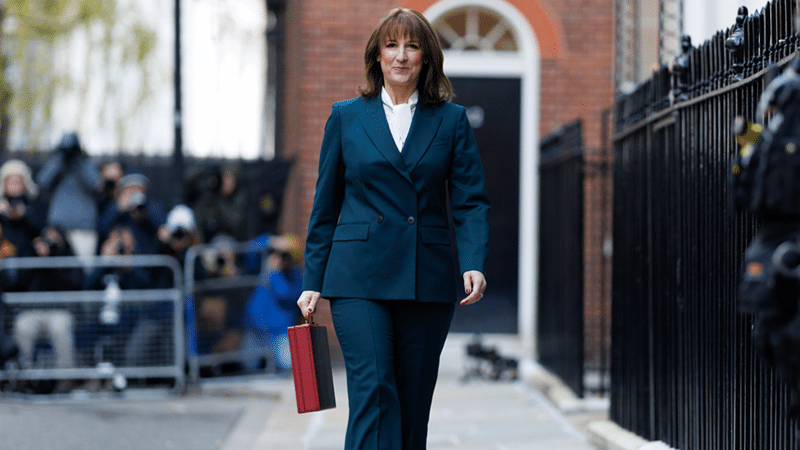While online betting companies will face significantly higher levies following Rachel Reeves’s Budget announcement, brick and mortar establishments will not.
The Chancellor announced this week that from April 2026, online casino games will see their remote gaming duty rise from 21 to 40 per cent. And from 2027, online sports betting will rise from 15 to 25 per cent – excluding horse racing.
However, sports betting will remain at 15 per cent in betting shops, as will physical slot machines. The 10 per cent bingo duty is set to be abolished in April 2026, which is likely to result in more bingo halls being opened.
‘Harmful forms of gambling’
The Government estimates the changes will raise £1 billion a year to support the public finances, and said it had targeted online slots and casino games in particular because they are considered to be “more harmful than other forms of gambling”.
It stated: “The intention of the Remote Gaming Duty rate increase is to disincentivise gambling companies from pushing consumers towards what are considered more harmful products.”
Gambling companies have complained at the rise, and Entain, which owns Ladbrokes, says the extra tax could shave off £150 million of its profits by 2027.
And Flutter Entertainment, the world’s largest online betting company, said the change would likely cost it over £430 million even if it makes cuts to other areas of spending, such as marketing.
‘Scaremongering’
Meg Hillier, chair of the Treasury select committee, applauded the Chancellor for not bowing to industry “scaremongering”, after companies said increased tax would result in job losses.
She said the changes are important to curb the harmful impact of online slots and casino games, as the games “can quickly drain the bank balances of vulnerable people after just a few clicks of a button on a phone”.
Matt Zarb-Cousin, co-founder of Gamban, an app which helps problem gamblers to quit by blocking betting websites, said: “The Chancellor acknowledged in her Budget speech that the more harmful forms of gambling should be taxed at a higher rate.
“Along these lines, it is welcome she has increased remote gaming duty to 40% – we hope next time this principle is also applied to the tax on machines.”
£2 billion spent on advertising
The Christian Institute’s Head of Communications, Angus Saul, said: “While these higher rates of taxation are intended to disincentivise companies pushing people towards online casino games, they are likely to remain the most profitable products because they are designed to be addictive. Once people start playing such games, they often find it very difficult to stop, and some gamblers sustain unaffordable losses.
“Physical betting machines have all the same addictive features baked in, and so it is disappointing that these will not be taxed at the same level.”
He also welcomed Flutter’s announcement that it may have to cut spending on marketing, after it emerged this week that gambling companies spent £2 billion on advertising last year.
“Gambling adverts are ubiquitous – they are on the TV, radio, social media, on the high streets – and they are all designed to drag people into a world that is presented as fun, but for millions of people it causes nothing but misery. If the industry is going to be spending less, this is no bad thing.”
‘Astronomic sum’
Labour’s Alex Ballinger, a member of the Gambling Reform APPG, branded the £2bn spend on advertising an “astronomic sum”.
“Perhaps gambling firms should think about cutting back on adverts that nobody wants to see before pushing back against paying fair taxes on their vast profits particularly given the harms they cause”.
Watchdog survey: ‘One in two youngsters gamble’
Man who ‘let his family down’ by gambling stolen £450k sentenced to prison
Betting ads with child appeal ‘irresponsible’, regulator rules
Betting companies ‘out of control’ as youth problem gambling doubles


